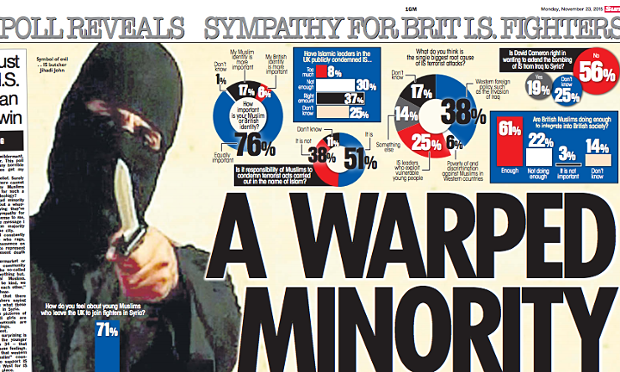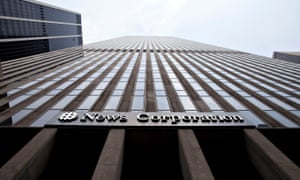 News on the Tweet is a report from Newsworks (a marketing organisation representing newspapers) and Twitter designed to show the positive impact new and digital media can have on traditional media.
News on the Tweet is a report from Newsworks (a marketing organisation representing newspapers) and Twitter designed to show the positive impact new and digital media can have on traditional media.
_________________________________________
Why are respected news brands good news for Twitter?
Among the abundance of sources, users need to be provided with credible news providers from which they can trust to receive accurate and legitimate information
Why in turn is Twitter good for respected news brands?
Twitter provides a platform/medium through which respected news brands can have their works publicised and made accessible for a myriad of followings to consume and share/discuss the news.
The report suggests that old and new media “are not, in fact, in direct competition, but often work extremely well together to enhance both the media eco-system and the consumer experience”. What evidence do they provide to support this idea? Do you agree with it?
Arguably this view is justified by Twitter activity inn action as statistics suggest that 60% of newsbrand Twitter followers claim to have never usually read newspaper brands in print format prior to following them on Twitter. This is agreeable as we witness many young people subverting the stereotypical expectation for them to be dull and not opinionated on news stories - clearly a thwarted view as a result of Twitter discussions relating to links to news articles.
On page 24/25 of the report, the focus turns to 'gossip' or 'banter'. What example tweets from journalists are used to illustrate this?
- "Grace Dent @gracedent • Nov 6
I reveal the shocking truth behind Jennifer
Aniston’s new hair http://ind.pn/HJXtV9" - Illustrates this view of gossip - justified by a display of personality and interest of the Tweeter.
- "Camilla Long @camillalong • Feb 16
Favourite story all weekend has been Del Boy
killing the British sheepskin coat industry. LOL" - 'Bit of banter' - Reflects personality with light-hearted humour
Do you think the increasing amount of 'gossip' or 'banter' is harming the reputation of news and journalists?
I believe this opinion to be reductionist in the sense that it disregards the autonomy for the audience to be able to choose what news they read. Among a majority of serious news stories, there are segments dedicated to a type of news which may not be respected - celeb gossip. football scandals etc.
What does the report say about trust in Twitter and journalists (look at pages 34-39)?
The report illustrates the symbiotic relationship between Twitter and journalists with the expression of 'a virtuous circle' - Twitter provides journalists with a platform to connect with audiences on a personal level, creating the resultant view of them as honest and expert.
Finally, do you think new and digital media developments such as Twitter have had a positive or negative impact on traditional newspapers?
I believe that new and digital media developments such as Twitter have placed an unprecedented importance on news today across all audiences due to the convergence and relevance of technology in modern lifestyles. The resultant effect may be negative on traditional newspapers in print form, however, adapting companies can still profit if they use tactics from online based journalists such as TheHuffingtonPost or BuzzFeed who rely on consumer created content and citizen journalism while still providing a level of curation to check legitimacy and for censorship before publicising material to audiences.
 Copyright
laws are fondled with in the dawn of the digital takeover, especially with
streaming on-demand services by Spotify, Apple Music and rivals. Yet,
traditional methods are still considered by UK govt in order to attempt
protecting the marketship of musicians and record labels. This is indicative of
a sustained relevance for traditional media.
Copyright
laws are fondled with in the dawn of the digital takeover, especially with
streaming on-demand services by Spotify, Apple Music and rivals. Yet,
traditional methods are still considered by UK govt in order to attempt
protecting the marketship of musicians and record labels. This is indicative of
a sustained relevance for traditional media. 








